Soleimani's Eternal Legacy: A Roadmap for Resistance in Today's World
By: H. Zaïm-Bashi
Five years have passed since the martyrdom of Lieutenant General Qasem Soleimani a luminary of unparalleled valor and faith. This year the commemoration of his sacrifice bears a unique distinction from previous anniversaries as it coincides with the inaugural remembrance of the martyrs of the Kerman terrorist attacks. Last year during the ceremony honoring Martyr Soleimani the blasts from two suicide bombers claimed the lives of scores of Iranian citizens aiming to stop future commemorations.
Yet this year’s observance not only persisted but was amplified in grandeur and fervor. The increase in the number of commemorative pavilions along the path to Martyr Soleimani’s tomb testified to this growth as did the larger throngs of pilgrims.
Undeterred by snow rain or the looming specter of further terrorist threats devotees from near and distant parts of the world journeyed to Kerman driven by profound zeal. Their courage mirroring the steadfastness of Gen. Soleimani himself emanates from the indomitable power of faith—a cornerstone of the Islamic worldview.
In Islam's political philosophy no force rivals the omnipotence of God. The Quran in its infinite wisdom declares that true fear is reserved solely for the Divine: “Only those among His servants with knowledge truly fear Allah.” This fear rooted in reverence and piety underscores the eternal supremacy of His will. Martyr Soleimani’s life exactly epitomized this doctrine. Following his heroics during the eight-year war that Saddam Hussein's Ba'athist regime imposed on Iran Soleimani dedicated himself to confronting smugglers saboteurs and enemies of security in southeastern Iran. His ascension to the helm of the IRGC's Quds Force marked a transformative chapter wherein his influence transcended Iran’s borders to encompass the vast expanse of the Middle East.
Under his stewardship the Quds Force adopted a methodology that invigorated capacities within regions yearning for the Islamic Republic’s guidance. Notable examples include the formation of Iraq’s Hashd al-Shaabi (Popular Mobilization Forces PMF) and Syria’s National Defense Forces. With Soleimani’s strategic prowess these newly established defense brigades defeated Takfiri terrorists saving countless lives.
Central to Soleimani’s ethos was the sanctity of defending holy shrines—both physical and ideological. Foremost he regarded the Islamic Republic of Iran as a shrine warranting utmost protection. Yet his unwavering commitment extended further: to Zainabi'yah in Damascus to the tombs of the Prophet Muhammad's [PBUH] companions and finally to Al-Aqsa Mosque a sacred locus of immense significance for the Islamic world.
Fearless in confronting domestic regional and global tyranny Gen. Soleimani characterized the Quranic guidance standing resolutely against U.S. imperialism. As eloquently articulated by Iran's Supreme Leader Imam Khamenei Gen. Soleimani’s defiance of America’s malevolent incursions into the Middle East—beginning in the 1980s with Afghanistan and Iraq's 2003 invasion—was both immediate and unwavering crushing the myth of the enemy's invincibility driven solely by firm conviction in God's promises.
Such was Gen. Soleimani’s unparalleled mastery in regional geopolitics that even his adversaries the Americans and Zionists reluctantly acknowledged his military acumen bestowing upon him titles such as "the shadow commander" "the most powerful figure in the Middle East" and "Israel’s nightmare."
Nonetheless the collective duty of Muslims to resist imperialism remains unfulfilled. Islamic nations have failed to respond adequately to the recurrent aggressions perpetrated by the Israeli-U.S. axis against Palestine. This silence extends to atrocities committed against women and children in Gaza a dereliction attributed to fear of Western hegemony or the self-serving interests of certain Arab and Islamic regimes—both of which are antithetical to Islamic principles.
The Organization of Islamic Cooperation (OIC) and the Arab League despite representing 57 countries and 22 Arab states respectively have yet to present a pragmatic response to the Israeli regime's war crimes. As long as Islamic and Arab nations governments preoccupied with internal discord the Palestinian cause will languish. Only a seismic awakening—a renaissance across the Islamic world stretching from the Atlantic to the Pacific—can galvanize the unity necessary to reclaim occupied Palestine. For indeed Palestine is not merely a regional concern but a universal mandate for the entire Islamic Ummah.
By: H. Zaïm-Bashi
Five years have passed since the martyrdom of Lieutenant General Qasem Soleimani a luminary of unparalleled valor and faith. This year the commemoration of his sacrifice bears a unique distinction from previous anniversaries as it coincides with the inaugural remembrance of the martyrs of the Kerman terrorist attacks. Last year during the ceremony honoring Martyr Soleimani the blasts from two suicide bombers claimed the lives of scores of Iranian citizens aiming to stop future commemorations.
Yet this year’s observance not only persisted but was amplified in grandeur and fervor. The increase in the number of commemorative pavilions along the path to Martyr Soleimani’s tomb testified to this growth as did the larger throngs of pilgrims.
Undeterred by snow rain or the looming specter of further terrorist threats devotees from near and distant parts of the world journeyed to Kerman driven by profound zeal. Their courage mirroring the steadfastness of Gen. Soleimani himself emanates from the indomitable power of faith—a cornerstone of the Islamic worldview.
In Islam's political philosophy no force rivals the omnipotence of God. The Quran in its infinite wisdom declares that true fear is reserved solely for the Divine: “Only those among His servants with knowledge truly fear Allah.” This fear rooted in reverence and piety underscores the eternal supremacy of His will. Martyr Soleimani’s life exactly epitomized this doctrine. Following his heroics during the eight-year war that Saddam Hussein's Ba'athist regime imposed on Iran Soleimani dedicated himself to confronting smugglers saboteurs and enemies of security in southeastern Iran. His ascension to the helm of the IRGC's Quds Force marked a transformative chapter wherein his influence transcended Iran’s borders to encompass the vast expanse of the Middle East.
Under his stewardship the Quds Force adopted a methodology that invigorated capacities within regions yearning for the Islamic Republic’s guidance. Notable examples include the formation of Iraq’s Hashd al-Shaabi (Popular Mobilization Forces PMF) and Syria’s National Defense Forces. With Soleimani’s strategic prowess these newly established defense brigades defeated Takfiri terrorists saving countless lives.
Central to Soleimani’s ethos was the sanctity of defending holy shrines—both physical and ideological. Foremost he regarded the Islamic Republic of Iran as a shrine warranting utmost protection. Yet his unwavering commitment extended further: to Zainabi'yah in Damascus to the tombs of the Prophet Muhammad's [PBUH] companions and finally to Al-Aqsa Mosque a sacred locus of immense significance for the Islamic world.
Fearless in confronting domestic regional and global tyranny Gen. Soleimani characterized the Quranic guidance standing resolutely against U.S. imperialism. As eloquently articulated by Iran's Supreme Leader Imam Khamenei Gen. Soleimani’s defiance of America’s malevolent incursions into the Middle East—beginning in the 1980s with Afghanistan and Iraq's 2003 invasion—was both immediate and unwavering crushing the myth of the enemy's invincibility driven solely by firm conviction in God's promises.
Such was Gen. Soleimani’s unparalleled mastery in regional geopolitics that even his adversaries the Americans and Zionists reluctantly acknowledged his military acumen bestowing upon him titles such as "the shadow commander" "the most powerful figure in the Middle East" and "Israel’s nightmare."
Nonetheless the collective duty of Muslims to resist imperialism remains unfulfilled. Islamic nations have failed to respond adequately to the recurrent aggressions perpetrated by the Israeli-U.S. axis against Palestine. This silence extends to atrocities committed against women and children in Gaza a dereliction attributed to fear of Western hegemony or the self-serving interests of certain Arab and Islamic regimes—both of which are antithetical to Islamic principles.
The Organization of Islamic Cooperation (OIC) and the Arab League despite representing 57 countries and 22 Arab states respectively have yet to present a pragmatic response to the Israeli regime's war crimes. As long as Islamic and Arab nations governments preoccupied with internal discord the Palestinian cause will languish. Only a seismic awakening—a renaissance across the Islamic world stretching from the Atlantic to the Pacific—can galvanize the unity necessary to reclaim occupied Palestine. For indeed Palestine is not merely a regional concern but a universal mandate for the entire Islamic Ummah.

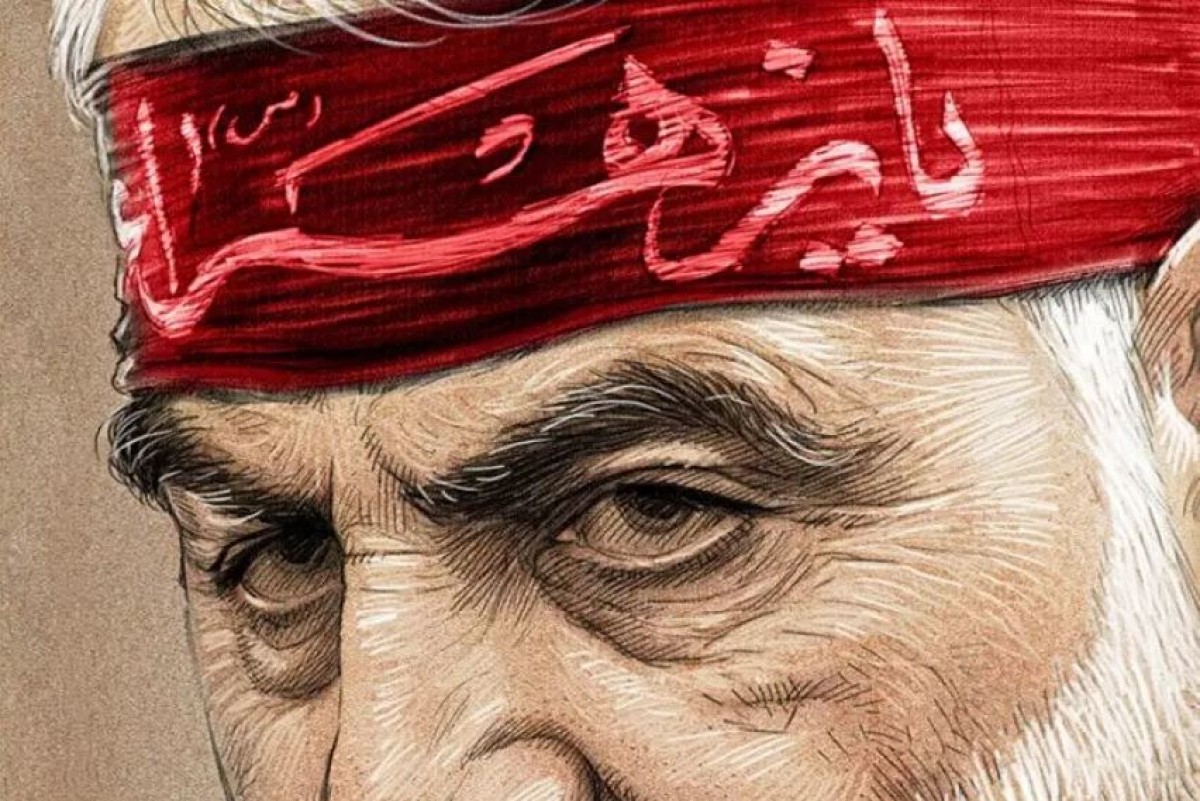
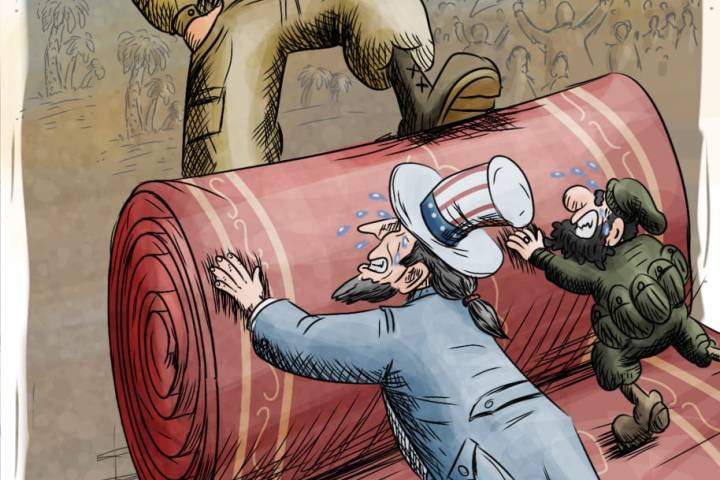
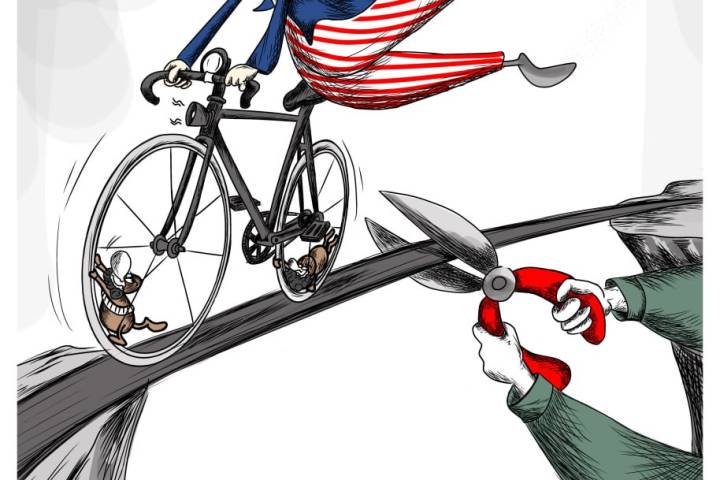
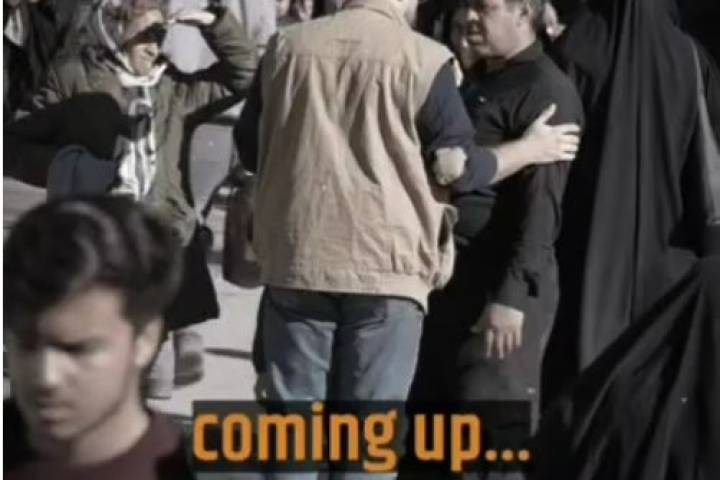
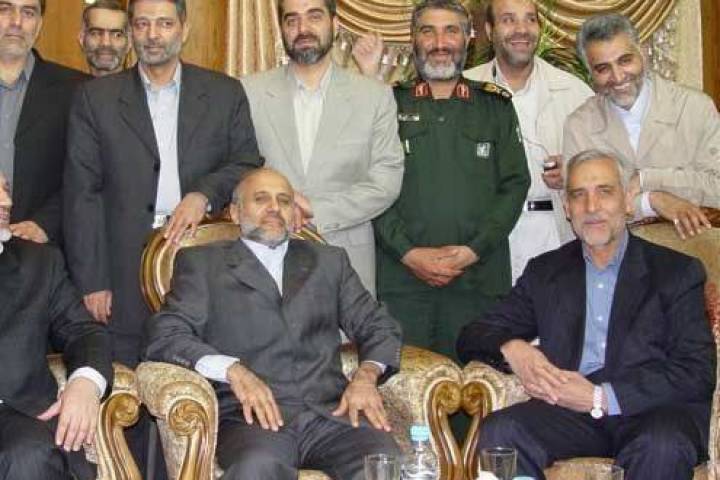
Comment
Post a comment for this article